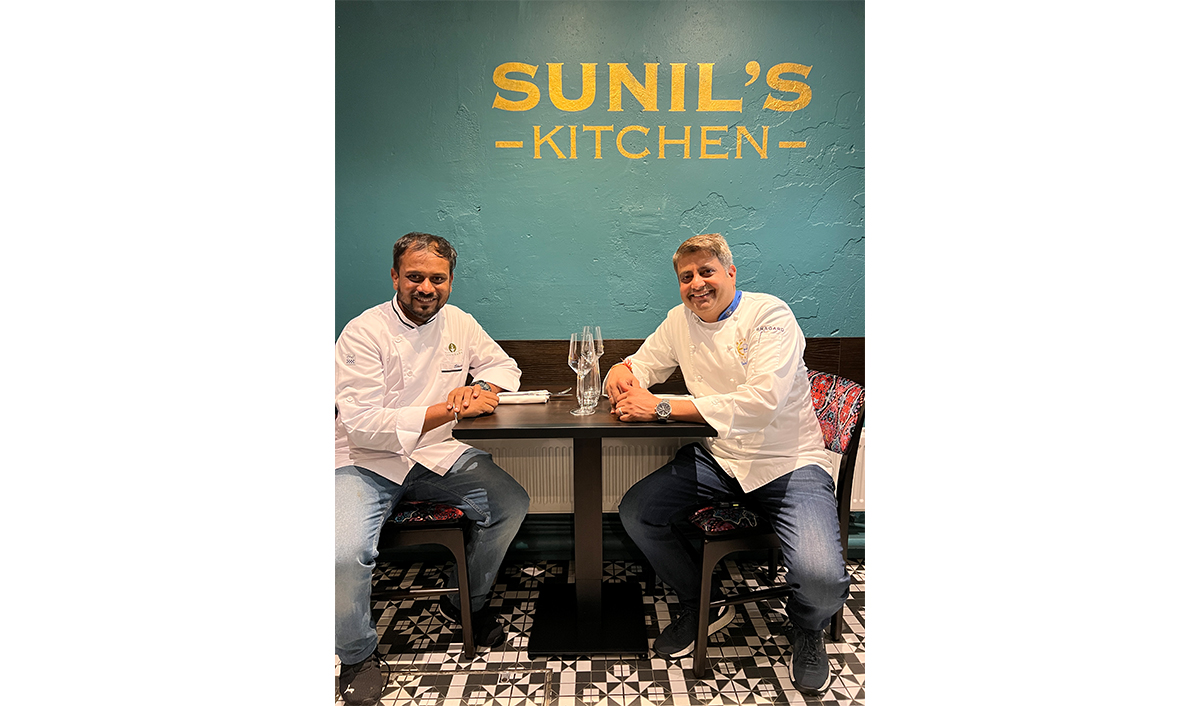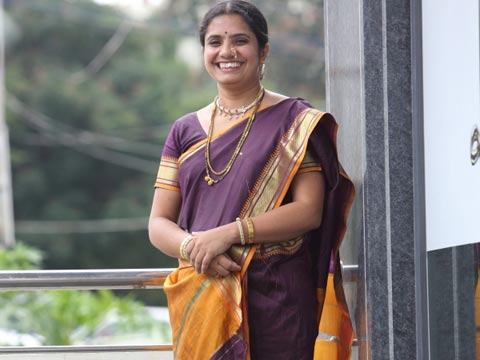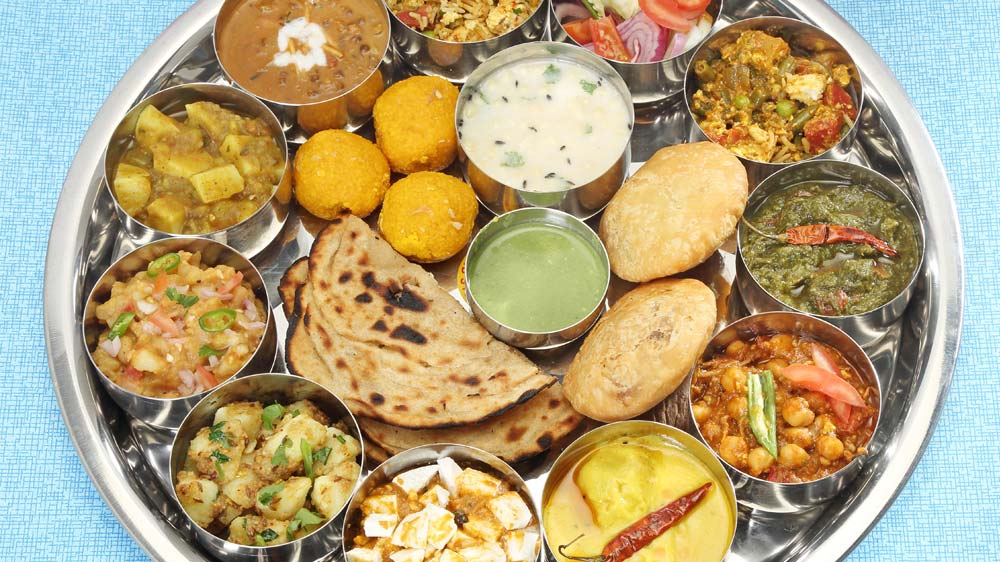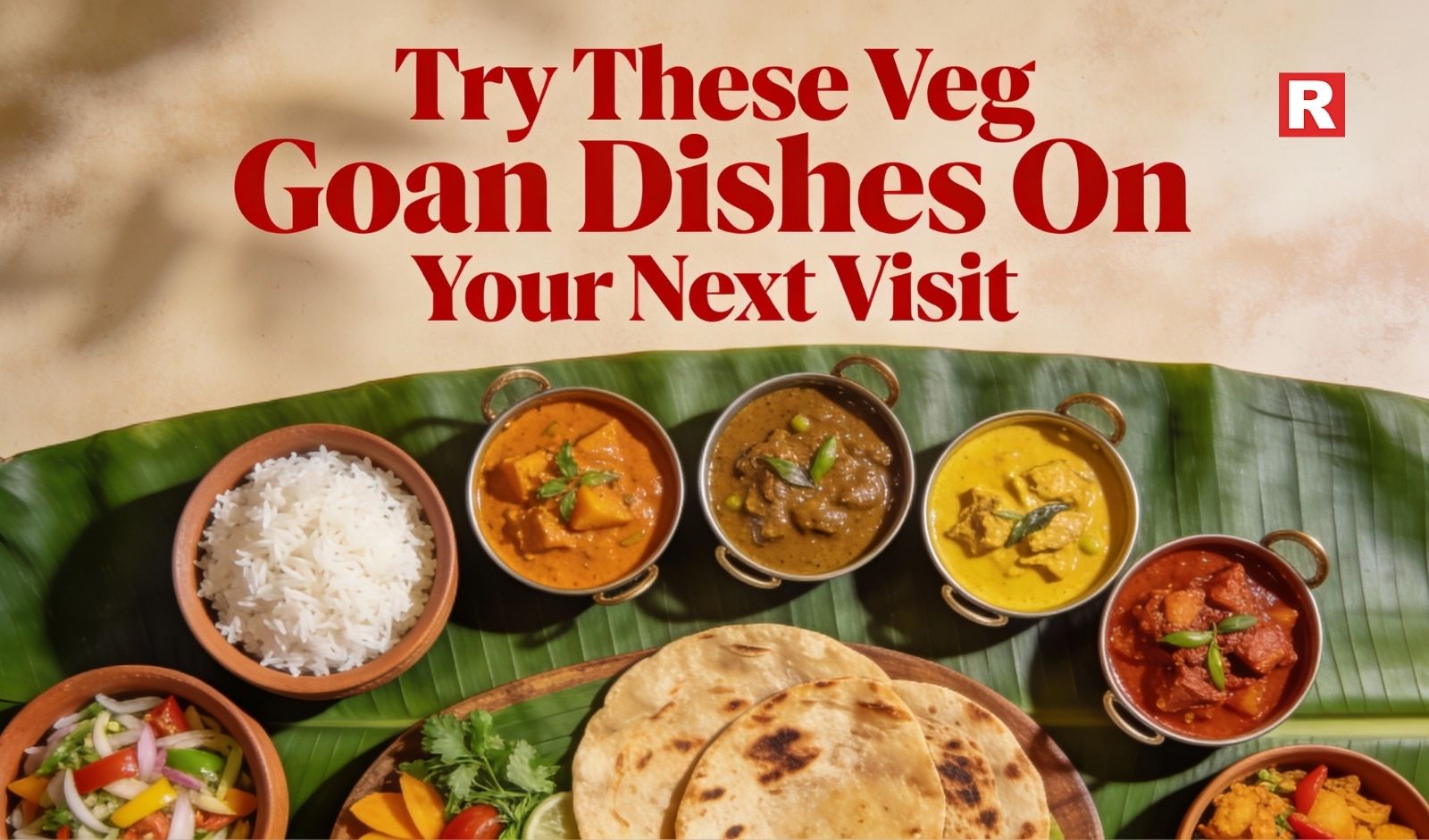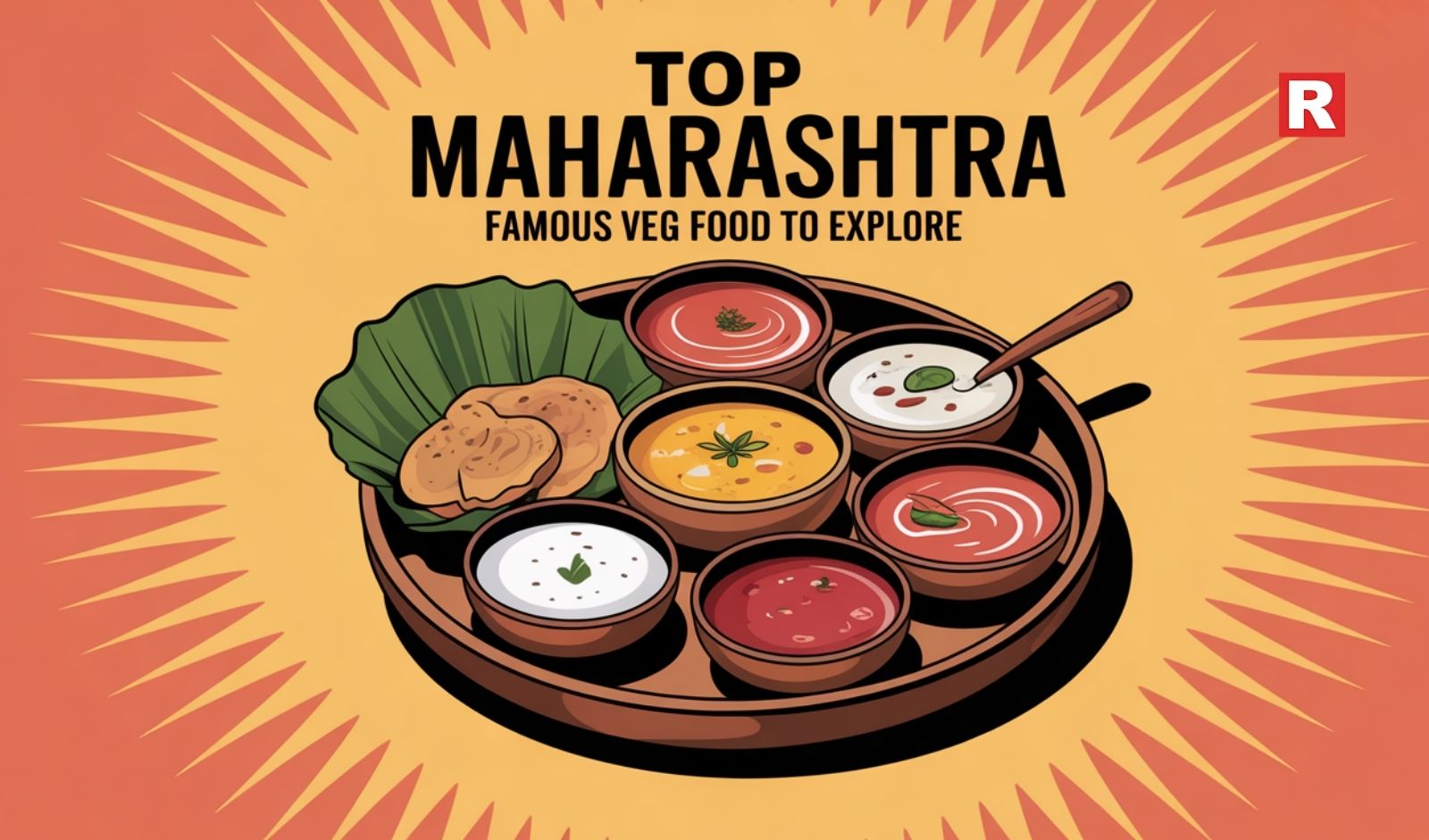
Enchanted by the stories of spices, Chef Qureshi is passionate about classic Awadhi cuisine and has successfully been developing and managing new culinary initiatives at the hotels he has worked with. Prior to joining The Westin, Gurgaon, New Delhi and The Westin Sohna Resort and Spa, he was associated with Taj Lands End, Mumbai since April 2017.
The tradition of authentic cooking is passed on from generations, says Sadab. Taking us back to his earlier years, he shares, how he used to walk to the narrow lanes of Lucknow, to see the authentic cooking, with his father and grandfather, who were both chefs. The 34-year-old chef can boast of an enviable work experience at some of the leading hotel chains in India.
In conversation with Restaurant India, Chef Qureshi Sadab talks about the Awadhi cuisine, how he is curating dishes for The Westin, Gurgaon, and why it is imperative today to preserve our culinary history.
Edited excerpts
You are bringing Awadhi cuisine to this restaurant. Tell us about this particular cuisine and why this cuisine appeals to you most? Do you think there is less awareness regarding this cuisine in India?
Awadhi cuisine is my staple. I have been devouring it since childhood and growing up in Lucknow only ingrained it more into my soul. The rich flavours, the traditional style of cooking in a dum and age old secret recipes are some of the many things that appeals to me most about the cuisine. I don’t think awareness is the issue – but idea of having variations served in the name of Awadhi is not something, personally I would like to cultivate. This food has deep-rooted history and seeks commitment to traditions, which is highly evident in its use of ingredients and application of cooking techniques.
How do you decide the dishes in the menu? What changes you made to the menu when you joined Westin, Gurgaon?
Within a month of me joining The Westin Gurgaon, New Delhi – we conducted Shaam e Awadh–a fifteen day long Awadhi food festival which was a huge success. One big learning that we inferred from that event was that people love Awadhi food and want to try and go beyond the classic signature dishes. So over the next two months my team and I worked closely with our Executive chef – Chef Anurudh Khanna – and we devised an extensive menu inspired by the land of Nawabs. While non vegetarian dishes are plenty in Awadhi cuisine – we also have an equal number of vegetarian delicacies from the bygone era. We have a specially curated set menu as well as an ala carte menu for the convenience of guests.
Today when high end restaurants are trying to innovate with the dishes and its presentation. Do you think our country’s authentic recipes are getting lost?
Not really. It’s imperative that chefs spend considerable amount of time and effort towards innovation and presentation – after all – it’s important to delight the guests with unique offerings featuring a variation in ingredients or cooking style, every single time they dine with us. The cuisines of India are so rich that it can never get lost. I have served my food to people across all ages from different nationalities and a true food enthusiast is never disappointed. The way our authentic food balances flavors and textures – no cuisine can manage that. The idea is to stay true to our legacy and have the most authentic version served to our guests.
According to you, how important is it today to preserve our culinary history?
It is extremely important especially for a country like India. We are steeped in our diverse cultures and our food is an extremely important part of it. We should be proud as our food today is a major identity factor across the world. The thing about traditional cooking is that there are no shortcuts. Each dish is a masterpiece. I have seen it myself chefs taking shortcuts with ingredients and preparation, which make it impossible to stay true to traditional recipes even if they gain mainstream popularity.
India has a pool of cuisines. What are the cuisines you think chefs are largely ignoring today?
The culture and taste from rich diversity, native ethnicity, unique flavor of each region and different customs are best encapsulated by the Indian cuisine, which became enriched over thousands of years due to the intermingling of people belonging to different religions, languages and eating habits.While a lot of cuisines have been touched upon and relished by people across India, the cuisines however are limited to only a few star signature dishes. There is very limited variation in the menu. There are so many secret recipes that are being cooked in traditional homes until date simply waiting to be unlocked.
Tell us about ‘Royal Flavours of Awadh’. Any similar project you are currently into?
Unlike other food festival, which are usually for a limited period of time– The Royal Flavours of Awadh is here to stay within the realms of our all day dining- Seasonal tastes. With live music on the weekends, traditional décor and an extensive Awadhi menu, my team is gearing up to take diners to back in time of regal dining experience, which Nawabs used to have then.
All the dishes that I have grown up relishing and learning every day for a very long period of time are a part of the menu. We have ensured that not just spices but even the utensils like Biryani dums are handpicked and sourced all the way from Lucknow. Every small detail has been paid attention to, to ensure nothing but only the most authentic Awadhi flavours are plated to perfection.
The extensive set menu and a separate ala carte menu encompass a variety of decadent Awadhi delights like BhunaGoshtHussaini, GilawatKe Kebab, NalliNihari and more. There is also a plethora of options available for vegetarians like NimonaTikki, SubzLifafa, KhumbLazeezHandi, Subz-e-Gulfam, and LahsooniPalak, all paired perfectly with an assortment of Indian breads like Bah Khummach, Taftan and GilafiKulcha. The menus also feature a sumptuous array of shorbas, biryanis, tikkas and desserts from the land of Nawabs.

Savya Rasa from India brought in a collaborative kitchen with the most prominent Indian chef and restaurant in Ireland aka Pickle, chef Sunil Ghai’s invention that gives a reliable experience of Indian cuisine that emphases on North Indian food cooked with the finest of Irish produce. Excerpts from the interview:
Tell us a bit about yourself and your culinary journey?
I was born and brought up in Gwalior and belong to a Punjabi family and love for good food runs in our blood! Perhaps inspired by my foodie family adventures, I decided to do my hotel management from Gwalior. I began working early at the age of 17. My childhood memories are centred around food. We loved to cook and celebrate with scrumptious food. I met the love of my life and got married to Shitti Ghai (Leena) who is from Shimla and moved to Ireland in 2001 and have made this beautiful country our home. It was in 2016 when I started by food journey and opened a restaurant in 2017 and another in 2020. My culinary skills have got a few recognitions and I have been lucky to win the award of Best chef in Ireland twice. I have been the four-time recipient of Best Indian Chef in Ireland. My restaurant has also been awarded multiple times.
Why did you opt for a South Indian restaurant for your first international restaurant take over, though Pickle is North Indian?
At Pickle there is a story behind each dish — a reminiscence or a relationship backside of the fragrant gravies, the boulevard dishes, the complex slow-cooked meats that relates to the back home idea of using fresh ingredients, locally sourced and cooked with love.
The cuisine at Savya Rasa redefines coastal culture at its greatest; a vigilant and comprehensive study of Southern Indian gastronomic taking you back to benighted times; unfinished without the finesse and novelty that Chef Sheik Mohideen brings with him. Sheik’s 15-year wide-ranging gastronomic journey speaks volumes about him as he endures to fervently set milestones with new projects, with each fleeting day. The gastronomic artist credits in outlining back the roots and restoring them just as moulds by ringing out the nearly unmanageable task of conserving the culture through every recipe.
A union between the both, has been put together to craft a one of a kind tasting menu cooked with the best of Irish produce, showcasing the diner what the best of South Indian cuisine has to offer. The Pickle team is exceptionally excited about working with Savya Rasa, and the restaurant’s name seems to sum up why impeccably: Savya Rasa was created to celebrate the richness of the cuisine and culture of Southern India. Very often, thanks to stereotypes, many people outside of Southern India consider Idli, Vada, Sambar, Dosa etc as classic South Indian food. However, South Indian cuisine has all of this and so much more to offer. With the food Sheik creates, Savya Rasa seems to perfectly fit the bill. We are hosting dinners on both our home turfs. In 2023, I will travel to Savya Rasa to showcase my culinary philosophy what we do at Pickle here in Dublin.
What was the most favourite dish amongst the guests at the Savya Rasa pop up at Pickle?
The guests absolutely loved the tasting menus. Savya Rasa had taken over the entire restaurant for the weekend and we sold only the Special Menu ( priced at 80 Euros). It was a great hit. However, a dish that really stood out was “Sainu Thahta’s Chicken Kebab with Coconut Cashew cream”, which is Tender Morsels of Chicken marinated with cashew cream, coconut milk, ginger & garlic paste, salt, green chillies, coriander paste, skewered and griddled on a hot plate. A Malabar caterer and home maker called “SAINU THATHA” invented this from influence of Arabic kebabs and tweaked it with his native ingredients in Malappuram district of Kerala.
What is your favourite ingredient to work with?
I like cooking fresh seafood using fresh herbs like coriander, mint, and basil. I like the flavour of rapeseed oil. It reminds me of my mother using mustard oil all the time while cooking. The flavours come out so nice with rapeseed oil especially if you are cooking Irish lamb, vegetable curries or even tempering lentils.
What is your favourite dish to cook at home?
I like to cook chole bhature at home or simple yellow lentils, matar mushroom & aloo gobhi with pulao and chapati with boondi raita – simple holistic Indian fare. Chole Bhature has a special place in my heart as my dad used to love it and would always bring it whenever he brought home some food. Back in 2019, while I was on a holiday to India, my dad asked me to make chole bhature. I was under immense pressure as I knew he was quite a connoisseur of that dish. Thankfully he loved it and told me to make it again when I am back next year. But unfortunately, that never happened again!
What is your favourite piece of kitchen equipment?
The good old mortar and pestle. My mother is my inspiration and she never used any grinder or blender. I used to see her making all the spice paste and powders in a mortar and pestle.

The Southern hills of India are a brimming pot of various unexplored cuisines. One such cuisine is the Coorg cuisine. Coorg is a small hill station in Madikeri, Karnataka and is well known for its unique coffee and exotic range of spices. In collaboration with Club Mahindra, Hotel Sahara Star in Mumbai brings Coorg Food with a Coorg Food Festival.
The valleys of this southern picturesque place are hidden with treasures of local produce and freshly grounded spices that adds flavors to the food there.

“Hotel Sahara Star is happy to partner with CLUB MAHINDRA, Coorg to host the Coorg Food Festival at its Global Cuisine Restaurant- The Earthplate. This food festival will give our guests the taste of authentic cuisine from the comfort of their own city. A food trip like this is a really unique experience as each month we come up with innovative food festivals to keep room for innovation and ample of options for our guests to choose from.”

One can relish and treat your palate with the traditional dishes like Akki Roti, a variety of Puttu, Paaputtu, Bamboo Shoot Curry, Panda (pork) Curry, Koli (chicken) Curry, Noolputtu (string hopper), to name a few at this festival.

The dishes will be specially prepared by Chef Debraj of Club Mahindra, Coorg. The spread will give diners a glimpse of cordon bleu at Kodava (Coorg). One can also enjoy a variety of dishes made from pork (from wild boar), jungle mangoes, jackfruit, kembh leaves (edible colocasia), Kachampuli and rice, which are some of the integral ingredients of the Coorgi cuisine.
The association with Hotel Sahara Star and Club Mahindra, Coorg will get together an amalgamation of savors of the south to Mumbai. This will give the audience of Mumbai and guests of Hotel Sahara Star a chance to immerse themselves in the Coorg flavor that will be served at this unique one of a kind Food Festival.
Also read:
https://www.restaurantindia.in/article/defying-the-mainstream-perception-of-coastal-cuisine.13431
https://www.restaurantindia.in/article/each-cuisine-has-its-own-flavours-style.13421
https://www.restaurantindia.in/article/it-s-time-to-catch-up-and-celebrate-regional-cuisines.13382

For Chef Vikram Ganpule, these two decades of culinary journey has given him the best experiences of hotel industry. After graduating from IHM Delhi, he started his career with ITC hotels. “The industry has grown and expanded at a mind- boggling rate,” he says as the journey has given him enriching experiences across distinctive brands and diverse geographies in the culinary world. Hospitality Industry all over the world has seen more hotels, new brands, new and different hotel concepts. The biggest growth that the industry has seen is digital era. “Now, we are living in a more connected world than when I started my career,” says smiling. Experts from the interview:
How did food happen to you?
Love for food was right there from beginning. It grew when I was studying my hotel management. Hotel Management days taught me the science behind the magic of seeing simple ingredients transform into gourmet treats and that is how I was hooked to food.
When we talk about your initial days at ITC, it is believed that ITC was one of the first Indian home grown hospitality brands to give India a culture of 5 star restaurants. How have you seen the face of chef changing with time because today restaurants are by known by chefs as compared to earlier days when people hardly knows about the chefs?
ITC is a fantastic company and a pioneer in food and beverage for Indian food concepts. I think in the old days it was more significant when people knew the chef because they knew the chef in spite of not having social media. Chefs like Madan lal Jaiswal and Chef Quereshi of ITC are the icons that were household names among those that enjoyed 5star hotels during those days. Nowadays it is easier for a chef to be famous due to social media however I am not sure how many will be icons whose restaurants will stand the test of time
Andaz is known for its sustainable, fresh and local menu produce. How are you trying to carry forward this legacy?
At Andaz Delhi, we are aware of the inevitable impact of our daily business operations on the environment. To fulfill our responsibility towards the planet, we try to minimise the pressure on the environment and community as much as possible. Taking an innovative approach to restaurants and bars, Andaz Delhi emphasizes consciously sourced ingredients and local artisanal produce in the uniquely conceived European food hall – AnnaMaya. I think the story and DNA of Annamaya is very clear and strong –we will continue to evolve our menu and to raise awareness about Annamaya. The essence of AnnaMaya lies in helping society and encouraging a healthy lifestyle through mindful meals and exceptional experiences. Our guests come here not just for the food but also because they feel a social responsibility towards the people and places around them. We achieve all this while having some fun along the way through bold flavours, freshness and creativity in the kitchen.
Sustainability has become a hot topic today. Do you think it is limited to only food?
I think sustainability has the ability to exist constantly. It is applicable to any natural resource and not just food—environmental, economical and social.
You have been associated with Hyatt for a long time. How is Andaz different from rest of Hyatt property?
Hyatt brand all across the world have same value and purposes. However, Andaz brand comes across as more “fun” place that is professional with a relaxed and “cool” feel and a sense of style. Andaz Delhi creates a barrier-free environment where guests are encouraged to explore their personal sense of style and become inspired by the spirit of the culture around them. Taking an innovative approach to restaurants and bars, Andaz Delhi emphasises on consciously sourced ingredients and local artisanal produce. The restaurants are of course completely different, Hyatt brand all over India does not have a food hall or a Cantonese style restaurant in its portfolio.
What will be some of your speciality menu we can see on Andaz menu now?
The essence of AnnaMaya lies in identifying and celebrating artisans from remote parts of India, and turning the spotlight on the love and hard work with which they make their products. The menu is designed around consciously-sourced ingredients from local artisans who directly or indirectly contribute towards the well-being of society. Our menu changes with the season so with winter coming we will have--Winter greens, filling hearty soups, meal in bowls, winter grains-bajra, green jowar or ponkh
We have seen that middle eastern cuisine has influenced diners in India. Since, you have spent time in middle eastern countries. What makes this cuisine a close competitor of other world cuisine?
The Middle Eastern cuisine is diverse, healthy and has options for vegetarian, vegans and gluten intolerant. The flavours of the Middle Eastern cuisine are distinct and balanced. Each cuisine has its own flavours, style and particular ingredients that are used.
If not in kitchen, where can we see you spending time?
Reading SF/action thrillers or travelling.

For Anurudh Khanna its almost two decades in the hospitality industry working with the best in the industry including Hyatt and Taj Hotels to name a few. “I worked with majorly all (X factor Italian) chefs and trained myself under all these top chefs,” shared Khanna remembering his Hyatt days. Khanna has spent most of his career doing culinary innovations at Taj Mahal Hotel.
How has been the journey so far?
It’s been a wonderful journey. After moving from Taj, I joined The Park where I got a chance to go to a chef workshop at The Park Hotel Singapore doing research on Singapore cuisine and how Singapore Cuisine can go well with Indian Cuisine. I left the Park Hotel in 2013 and joined The Westin at Pune as an executive chef and spend almost 3 and a half years. I was the Culinary leader of the Year for the Starwood Asia Pacific Region which was given to me as a reward and then I represented Indian Cuisine for the Indian President - Pranab Mukherjee in Stockholm for the Indian Swedish week in their esteemed program of Namaste Stockholm in Sweden. I left Westin Pune in2016, and joined Shangri- Las, Bangalore as an executive chef and now I am back to Delhi working with Westin.
Now that you have joined Westin Again, so what is your role at the Westin and also, what new things you are going to bring at the Westin?
I have joined as a Multi Property Executive Chef, and I’ll be taking care of the two properties – The Westin Gurgaon, New Delhi and The Westin Sohna Resort and Spa, and the idea is to get aligned with the culinary team here and the kind of experience they are carrying with them. So, I rechecked the whole cuisine with the hotel. Soon, we will be having special chefs focusing on their cuisine. So, my role is to get them going and get the new trends in for the food and speaking for the authenticity for the ingredients for sure and the recipes which is quite authentic and bring the best kind of cuisine to the plate of the customer. Again, the focus will be on Contemporary Local Cuisine because we have our own farm grown vegetables.
What are the three things that you have learnt as an executive chef?
Top things that I have learnt is that the team is the key for your success, for me I can’t do anything yet if I couldn’t have a good team. Second, discipline and punctuality in the kitchen. Third, it is to travel for food as food changes every kilometer, so you need to know about different food.
You are also known for your presentations and style, so what exactly presentation means to you?
My food styling is majorly to add a lot of colors on the plate. All the elements that I add to the plate are all edible, practical and have some kind of story related to the cuisine or the food offered on the plate.
How do you keep authenticity on when it comes to modern Indian cuisine?
Authenticity and simplicity are something in which I personally believe a lot. So, when we do a modern Indian cuisine, we don’t taste the recipes, rather try and play with the presentation of the food on the plate by attaching different elements of food which can be used as a presentation, but not touching the whole recipe. For eg – if it’s a kebab recipe from South India related to banana, then I will not touch the recipe for that but I will try getting the elements right like a Banana Flower in the recipe which makes it modern Indian but it has the same authentic taste in the Kebab.

How did you plan to start a vegetarian Marathi restaurant in Bengaluru?
The answer is very simple but little emotional. I am here at Bengaluru after marriage and working in an IT sector. So I use to crave for my native food which is not available. I use to order my native food from my mother’s place but that vacuum was there from day one.
Similarly, people from across India migrate to Bengaluru and crave for the authentic Indian food. But nobody stand for vegetarian food. You will only find core Korean food, core Mexican food etc. As there is so much of diversity, so no core Indian food or Maharashtrian food can be get easily. I started small catering items like Diwali item in 2006 and use to give that food to my friends and this way this restaurant was started.
What does the crowd seems like, normal crowd, marathi’s or a combo of both?
Believe me, out of 200 thalis sold in a weekend, only 20 people are Marathi, rest are normal people. We have around 100 customers daily and for weekends it gets booked on Thursday only.
We serve finest cuisine from Maharashtra that tantalizes and satisfies everyone’s taste buds.
Who do you see as your major competitors?
I do not see anyone as our competitor in the region as we are the only one who is serving vegetarian Maharashtrian food in the region.
What Marathi twist you have added at Purnabramha? How is the response from the customers?
Puranpoli, Sabudana Khichadi, Koshimbir etc are some of the options everyday in our menu and especially on Sundays. Recently I have an order of 350 Puranpoli and 350 Vada Pav. I believe in classic. The basic is what we serve.
I receive feedback from Facebook reviews, Zomato reviews, Food Blogger, Book Blogger etc. Besides, that I also have a feedback form, where a mother wrote that I have never seen my kid to eat in such a good manner.
Purnabrahma's staff is known to be well-mannered and trained. How did you manage to maintain service like this?
It is easy. I told them that you are not only preparing the food and serving the food; you have to understand that the customer has come for some reason. There are three kinds of people who come; to enjoy, some come out of expectation or who has no one to share with.
When can we see you entering into the North Indian market?
We are planning for expansion. Many people have approached us from outside, so I am planning to open centre at Singapore, USA. These deals are happening in next month only as my team is ready and also education plans are also ready.
What are your future plans in terms of no of outlets?
This is a hub. It can serve nearby 10 small locations.
Do you have any plan to sign a franchisee deal?
Yes, we are looking for franchising. Ladies who are sitting at home due to personal home problem but have lot of potential. I do women power and believe in Women empowerment. We are looking for investors who can raise fund for us in India and also abroad.

Indian food industry has a successful history when compared to other parts of the world. From discovering its regional menus and cuisines which comprises more than a thousand recipes from each region and the inclusion of changes with each demography to adoption and acceptation of global cuisine, which India has adapted to be in tune with the global trends.
Year 2014 saw lots of global cuisine and brands entering India that tweaked and reinvented their menu and cuisine to suit the Indian palate. But what is awaiting us this year is totally amazing, as experts and experienced chefs in the industry are working on ‘Bringing back the Regional Indian Cuisine’ in its original form.
Reinventing Regional cuisine
Earlier in 2015, it was predicted that modern Indian cuisine will rise with passing time, later this year, but what we are seeing is that chefs are working on locally sourced ingredients and are trying to introduce the regional and the authentic cuisine to the global masses. Celebrity chefs like Michael Swamy, Manish Mehrotra, Sanjeev Kapoor, Harpal Singh Sokhi and Chef Sabyasachi Gorai amongst others are working on local and regional Indian cuisine and have picked products like ‘Sattu’ from Bihar, grated coconut from Kerala, ragi and akki roti from Karnataka, dhokla from Gujarat, and a variety of rice, chicken and sea foods from Konkani region in their menu.
“Regional cuisines need to be promoted because till now food in India is seen as the typical Punjabi food which has dominated the Indian food menus. Everybody in India and outside India thinks that it is the only Indian cuisine, but that is not true. We have different types of foods which are delicious. There is a vast range of food from Kerala, Tamil Nadu, Karnataka, Bengal, Gujarat, and Kashmir, but people don’t know about it. So, this is the reason we as a chef want to promote regional food and regional cuisine,” says Chef Manish Mehrotra, Executive Chef, Indian Accent.
Meanwhile, experts also believe that today, Indians are much more attracted to the foods which are well advertised as today they are no more restricted to eating out but they want to know what all things have been used in designing the menu. And they want to consume a healthy or a balanced product without affecting their health.
Sharing his view on the same lines, Chef Jatinder Uppal, Lead Auditor- Passion Foods, believes, “I think Indian cuisine has to be more advertised and displayed so that people start understanding what Indian food is. Besides, it has got a huge variety of cuisines and everybody has to learn a lot from regions.”
Meanwhile, Chef Michael Swamy is working with the JJR (Jem’s Jungle Retreat) to bring back the regional cuisine to the global masses at Corbet National Park, which is the top most destinations in India for the global tourists.
“Today, it is very important to involve the senses and deliver new experiences to people. You need to take them out of restaurants to understand the culture and cuisine of this country. Chefs like me are now moving from traditional restaurants. In this regard, we have associated with Jungle Retreat, where we are taking people to the cuisine and not cuisine to people,” shares Swamy.
And at the same time food critic and writer, Osama Jalali, who is so much involved with the regional 'Rampur Cuisine' is working with Oberoi Hotel Gurgaon to bring back the lost food or the cuisines.
"I want to promote the cuisines which was cooked by our great grandmothers in home, I am on revival of the lost cuisines," says Jalali.
Thus, we can say that Indian cuisine has its own charm despite global cuisine entering the Indian F&B race. And Indian cuisine is here to stay for long.
Copyright © 2009 - 2025 Restaurant India.






